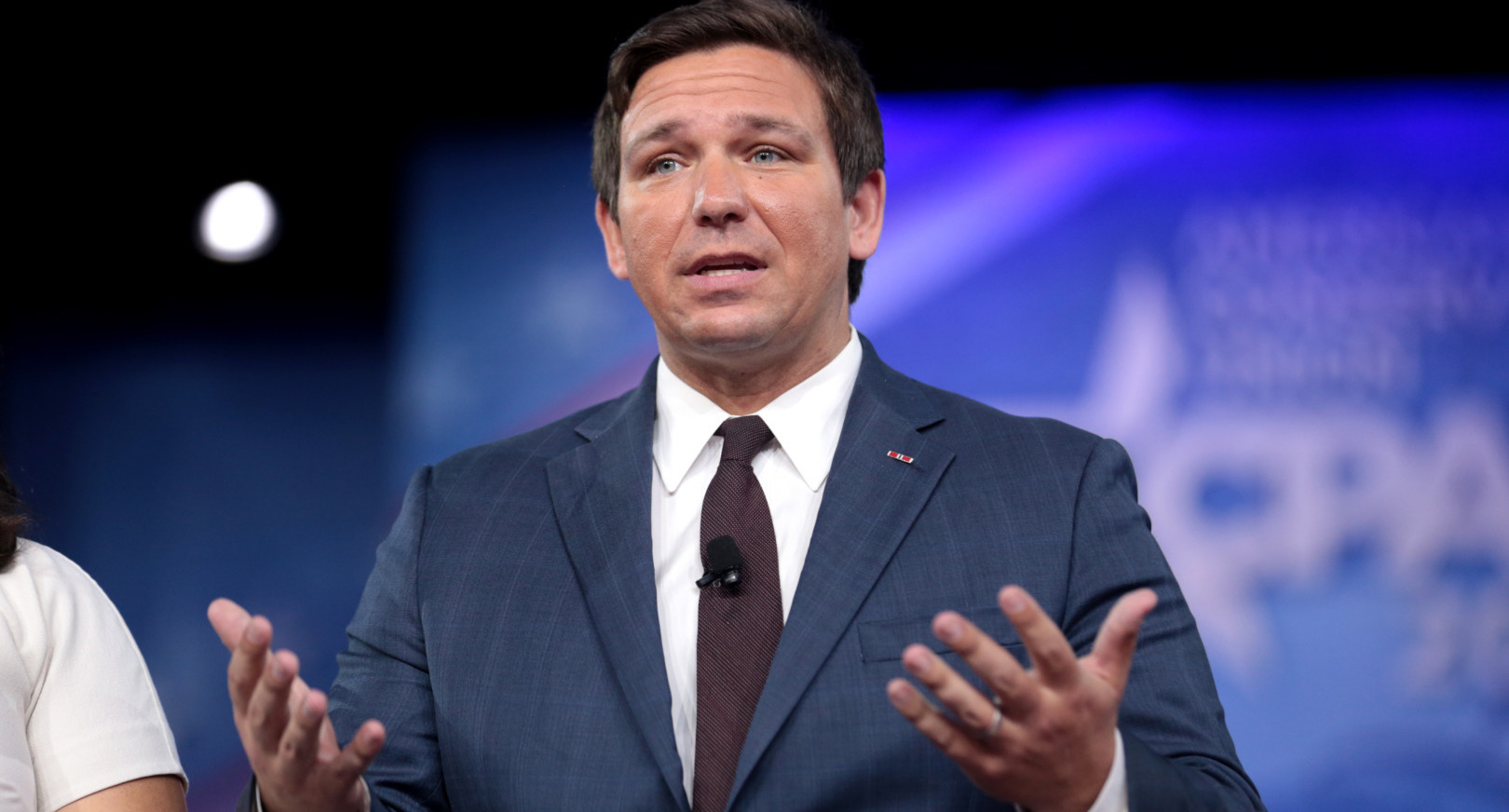The ESG Debate in America: A Political Battlefield
In recent months, a survey conducted by PwC revealed a troubling trend: less than half of U.S. corporate boards are incorporating Environmental, Social, and Governance (ESG) principles into their regular agendas. This deprioritization of ESG has been attributed to its ambiguity, with fewer than 10% of board members believing that ESG is synonymous with sustainability. The survey concluded that the ongoing debate surrounding ESG factors in corporate decision-making stems from a lack of clear definitions and guidelines. However, this interpretation misses a crucial element: the deep-seated political polarization surrounding ESG in the United States, which sharply contrasts with the European perspective where ESG is widely accepted as synonymous with sustainability.
The European Perspective on ESG
European business leaders have embraced the recent Draghi Report, released in mid-September, which offers a comprehensive analysis of the current state of ESG in Europe. The report highlights the EU’s leadership in clean technologies, such as wind turbines and low-carbon fuels, and emphasizes the need for Europe to leverage these advancements to enhance its competitiveness in the global market. Unlike the U.S., where ESG is embroiled in political controversy, the European consensus on the importance of sustainability is clear and unwavering.
The U.S. ESG Landscape: A Political Battleground
In the United States, the ESG framework has become a contentious issue, often framed within the broader culture wars. Republicans have increasingly portrayed ESG as a “woke” agenda pushed by liberal elites, resonating with many stockholders who view ESG considerations as detrimental to shareholder value. This politicization of ESG is not merely a matter of confusion; it reflects deeply held political beliefs and values that shape the corporate landscape.
Climate Change Denial
A significant portion of the Republican base, influenced by figures like Florida Governor Ron DeSantis, either denies climate change or downplays its urgency. This stance directly contradicts ESG’s emphasis on environmental sustainability and the necessity for businesses to reduce their carbon footprint. The politicization of climate change has created a chasm between those advocating for ESG principles and those who view them as an infringement on traditional business practices.
The “Woke Capitalism” Backlash
The term “woke capitalism” has emerged as a pejorative used to criticize companies that integrate social justice concerns into their business models. Governor DeSantis has been vocal in his criticism, arguing that ESG prioritizes liberal goals over investor returns. This narrative positions ESG as an intrusion of political correctness into the corporate world, alienating conservative consumers and investors.
Anti-ESG Legislation
The political opposition to ESG principles has manifested in the form of anti-ESG legislation across Republican-led states. In 2023 alone, over 165 anti-ESG bills were introduced in 37 states, many aimed at prohibiting state agencies from engaging with firms that consider ESG factors. This legislative pushback underscores the political motivations behind the anti-ESG movement and reflects a broader trend of prioritizing traditional financial performance metrics over social justice and environmental considerations.
The PwC Report: A Reflection of Stockholders’ Political Opinions
The PwC report’s call for clearer guidelines and definitions of ESG is well-intentioned but ultimately misses the mark. The ESG debate is not merely about technicalities; it is a reflection of the ideological divide within American society. As citizens, Americans must confront fundamental questions about their values and the implications of their economic choices.
- Do you believe you have the right to profit at the expense of others, simply because of your country’s military might?
- When your business interests threaten the planet’s health, do you prioritize profit over sustainability?
- Is social justice less important than your financial gain and social status?
- Can the American Dream still exist in a society marked by deep inequality?
These questions challenge the very foundation of the American economic model and highlight the need for a reevaluation of priorities.
The Divergent Paths of Europe and America
In Europe, the majority of citizens are concerned about climate change and guided by a strong sense of social justice. The European perspective on ESG is characterized by a collective understanding that environmental sustainability and social responsibility are integral to business success. In contrast, the U.S. narrative is dominated by political maneuvering and ideological battles, often at the expense of long-term economic stability and social equity.
The Real-World Consequences of Anti-ESG Legislation
The rise of anti-ESG legislation in the United States poses significant risks to the future of American businesses and society. Such legislation can discourage companies from adopting sustainable practices, hinder efforts to combat climate change, and exacerbate societal polarization. The disconnect between public sentiment—where there is growing concern for climate change—and political action highlights the extent to which the ESG debate is driven by political agendas rather than genuine investor concerns.
Critics of ESG often argue that it harms economic performance, yet substantial evidence suggests that considering ESG factors can lead to better long-term financial outcomes by mitigating risks and identifying opportunities. This evidence is frequently overlooked in the politically charged discourse surrounding ESG.
Conclusion: The Need for a Paradigm Shift
The ESG controversy in America is less about the merits of ESG investing and more about the ideological battles that define contemporary politics. Until the underlying ideological divide is addressed, the controversy is likely to persist, regardless of how well-defined ESG frameworks become.
As the U.S. grapples with these challenges, it is crucial to recognize that the future of American businesses, workers, and the middle class is at stake. The time has come for a paradigm shift—one that prioritizes sustainability, social responsibility, and a collective commitment to addressing the pressing challenges of our time. Only then can the United States hope to align its corporate practices with the values that resonate with an increasingly concerned public.
In the end, the ESG debate is not merely a corporate issue; it is a reflection of the values that define American society and its vision for the future.

